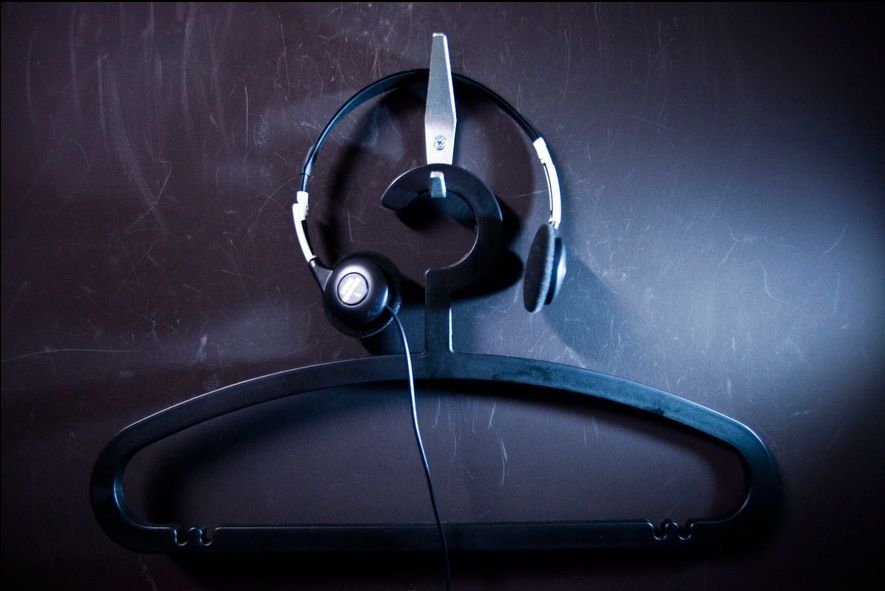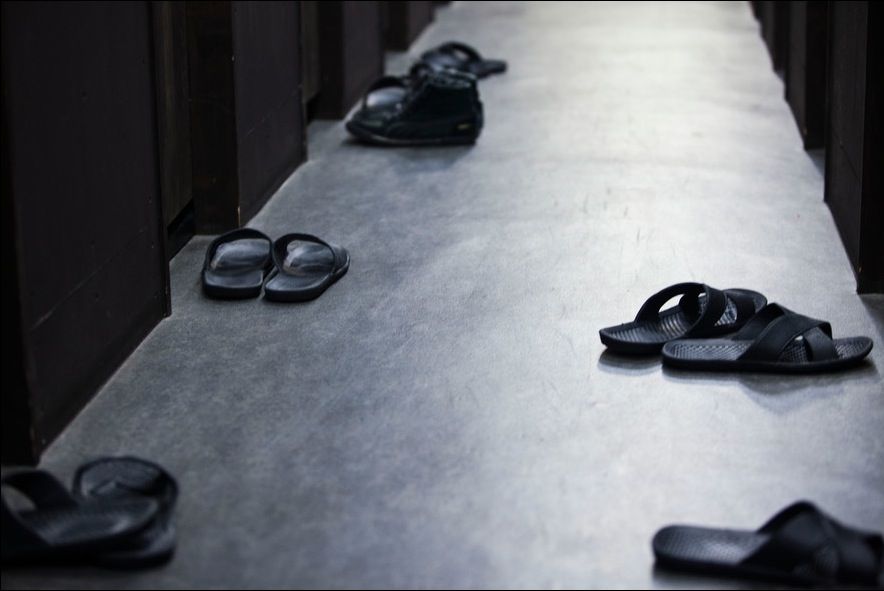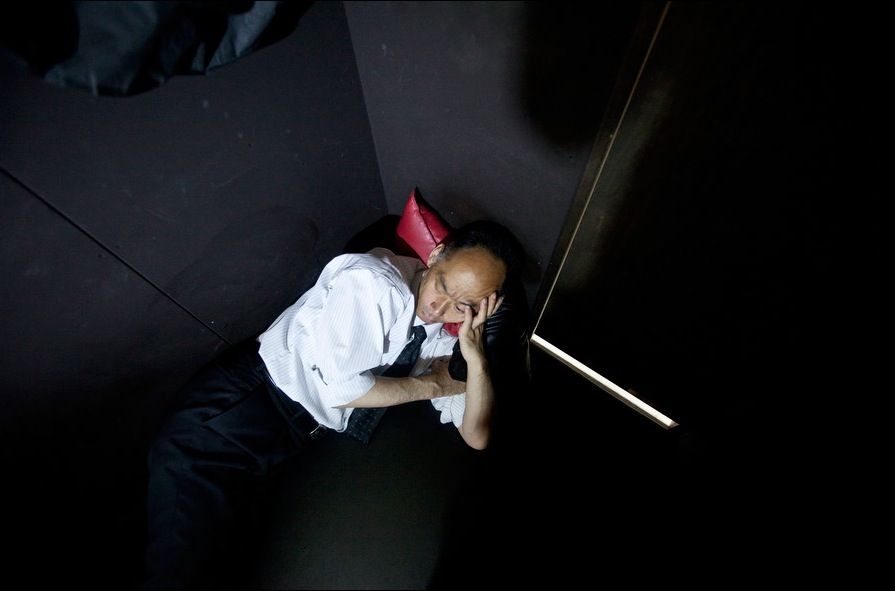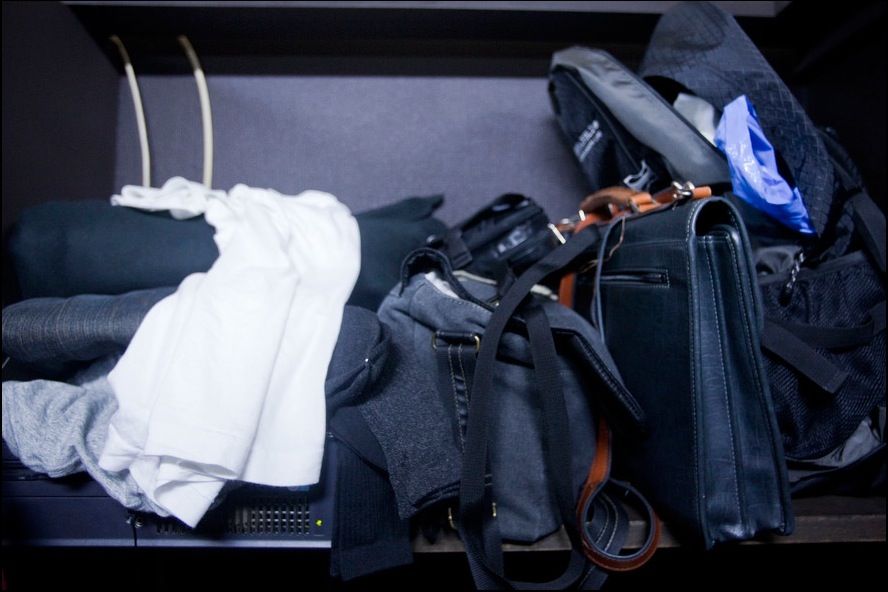Story by Brett Roegiers, CNN
Fumiya has learned to sleep with a blanket over his face to block out the fluorescent lights that stay on all night. Unable to afford an apartment in Tokyo, he has been living in an Internet cafe for nearly a year.
At 26, he is part of Japan’s struggling working class. Temporary workers with little job security now make up more than a third of the country’s labor force, according to government statistics.
People like Fumiya, who asked that his last name not be used to protect his privacy, have been hit hard by the recession in Japan.
His story illustrates the economic crisis photographer Shiho Fukada has been covering since 2009. A native of Tokyo, she had been living in New York for 10 years when she started a documentary project with funding from the Pulitzer Center on Crisis Reporting.
“For a long time, Japan has been associated with prosperity and a vast middle class supported by stable lifetime employment,” Fukada said. “That's the country I knew and grew up in.”
But upon returning, she sensed that employees were becoming increasingly disposable in the world’s third largest economy. Companies looking to cut costs had replaced full-time jobs with low-paid temp positions.
As a result, some of the people without enough money to pay rent have been sleeping in Internet cafes.
At a discounted monthly rate of about 1,920 yen ($21) a day, the 24-hour cafes offer private rooms with computers, reclining chairs, and an endless supply of coffee and soft drinks. Shared bathrooms and laundry service are also included.
“Though they are provided with necessities, I thought it was like living in a coffin – small and dark,” Fukada said. “It is really uncomfortable to stay in a tiny space like that for a long time.”
It took her three years to convince the owner of one of the Internet cafes to grant her access to its residents. She says he eventually agreed because he believed his business was helping people who would otherwise be living on the streets.
According to a 2007 study from Japan's Ministry of Health, Labor and Welfare, an average of 60,900 people spent the night in an Internet cafe on any given day. Of those, an estimated 5,400 were long-term residents.
Fukada says it's important to look beyond the numbers. Through her work, she hopes to reveal a glimpse into the lives of the people being affected by the global economic downturn.
“One thing has become clear to me over time, especially in the current financial crisis,” she said. “No matter the job, most of us no longer have job security. Our labor is replaceable.”























